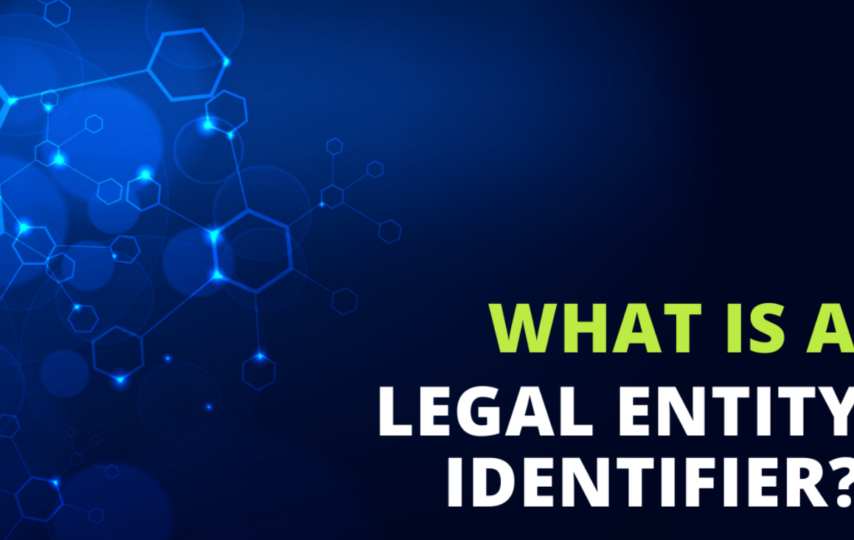Accountability plays a pivotal role in ensuring transparency and trust in business and finance. Unsurprisingly, entities have sought innovative ways to bolster accountability within their operations over the years. One such innovation that has been making waves in specific industries is the Legal Entity Identifier (LEI) which businesses can apply for, even online on sites like https://www.legalentityidentifier.in/.
Understanding LEIs
Before diving into their transformative impact, here’s a look at the essence of LEIs. They are unique identification codes assigned to legal entities engaging in financial transactions. These 20-character alphanumeric codes serve as a digital fingerprint for each entity, offering a standardised and globally recognized method of identification. LEIs were introduced after the 2008 financial crisis to increase transparency in financial markets and are now widely used across various sectors.
Transforming Accountability
Enhanced Regulatory Oversight
LEIs have revolutionised regulatory oversight in specific industries. Regulatory bodies can easily track and monitor financial transactions with these unique identifiers, creating a comprehensive picture of market activities. This newfound transparency enables regulators to identify potential risks and ensure compliance with relevant laws and regulations.
Strengthening Risk Management
In industries where risk is inherent, such as banking and insurance, LEIs have been invaluable in strengthening risk management practices. By easily identifying counterparties and affiliates, institutions can assess their exposure to risk more accurately. This heightened risk awareness fosters proactive decision-making and bolsters financial stability.
Facilitating Cross-Border Transactions
Globalisation has driven businesses to conduct cross-border transactions, but this comes with its share of challenges, including accurately identifying entities in different jurisdictions. LEIs streamline this process by providing a common identification framework, reducing administrative burden, and minimising the chances of errors or fraudulent activities.
Simplifying Due Diligence
Due diligence is critical to decision-making in specific industries like mergers and acquisitions. LEIs simplify this process by offering a reliable way to verify the identities of involved parties, making the due diligence process faster and more efficient.
Curbing Financial Crimes
LEIs have become a potent weapon in combating monetary crimes, such as money laundering and terrorism financing. Creating an auditable trail of financial transactions, they aid law enforcement agencies and financial institutions in promptly identifying suspicious activities.
Specific Industries Benefiting from LEIs
Banking Sector
In the banking sector, LEIs have become indispensable for regulatory reporting, risk management, and KYC (Know Your Customer) procedures. They enable banks to gain insights into their customers’ profiles, assess creditworthiness accurately, and comply with global regulations.
Insurance Industry
LEIs have facilitated better risk assessment for insurance companies, particularly when dealing with reinsurers and cross-border transactions. This has improved underwriting practices, resulting in fairer premiums and better coverage for policyholders.
Capital Markets
LEIs have been pivotal in enhancing transparency and facilitating trade reporting in the capital markets. Investors can now access accurate and up-to-date information about the entities they are investing in, enabling informed decision-making.
Supply Chain Management
Supply chain management has also benefited from LEIs, as they offer a standardised way to identify and track entities involved in the supply chain. This streamlines logistics and improves accountability in the sourcing process.
Conclusion
The advent of Legal Entity Identifiers has undoubtedly transformed accountability in specific industries. LEIs have enhanced regulatory oversight, strengthened risk management practices, facilitated cross-border transactions, simplified due diligence, and helped curb financial crimes by offering a standardised and globally recognised identification framework. Industries such as banking, insurance, capital markets, and supply chain management have witnessed the positive impact of LEIs, fostering transparency, trust, and efficiency in their operations. As technology continues to evolve, it will likely play an even more significant role in transforming accountability across various sectors in the future.








